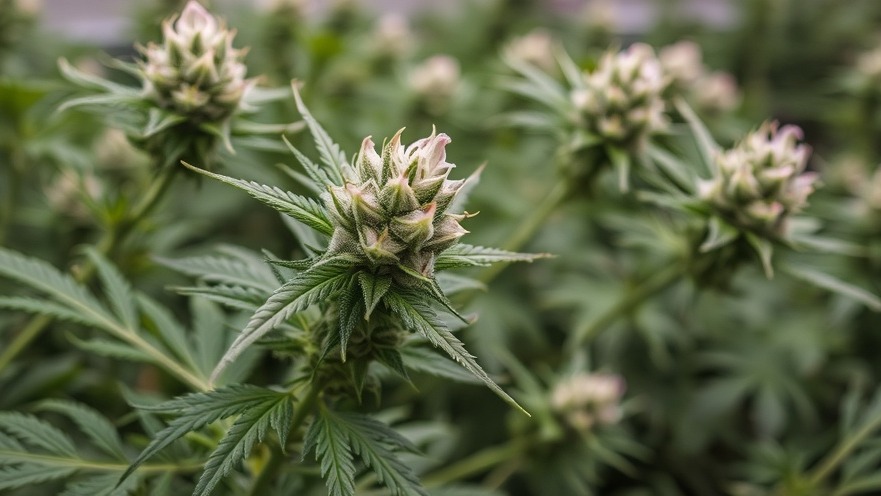
THC's Role in Rural Health and Economic Recovery
In Texas, a quiet revolution is taking place in the rural heartlands where the debate over hemp-derived THC is not just political but deeply personal. As lawmakers in the state continue to bat around the idea of banning these hemp products, many rural residents argue that THC serves as a crucial lifeline for addressing both health and economic challenges. Places like Midway, Texas, are home to individuals like Romana Harding, a veteran who believes in the healing power of community and cannabis.
Hope Amidst Adversity: The Realities of Rural Life
In a state where substance abuse rates have rocketed, particularly in isolated communities, the stakes around drug laws are not just about legality but survival. Rural Texans confront the scars of addiction and despair daily, as highlighted by mere glimpses of faded crosses and memorials peppering the backroads. For many, THC offers a pathway to recovery from substance dependencies like alcoholism and opioids - substances that have wrought havoc on families and friendships alike.
A Glimpse Into Life in a Texas Small Town
Timothy Mabry, a firefighter from Canyon Lake, reflects on his experiences, contrasting the lethal impact of alcohol with what he calls a 'happily high' state from THC. His sentiment resonates with many in rural towns, where vulnerable populations are actively seeking alternatives to unregulated and dangerous narcotics. The potential outlawing of THC doesn't just threaten to dismantle budding industries but poses a risk to the well-being of those who rely on its relief.
Economic Growth Versus Political Agenda
The economic implications of THC are markedly visible in small towns dotting Texas. For communities like Belleville, which boasts a mere 30 storefronts—including roughly three dedicated to selling hemp CBD products—local economies are intertwined with the legal cannabis movement. Andy “Doc” Melder, a Navy veteran advocating for veterans' health, emphasizes that these businesses provide not just a product, but a much-needed boost to rural economies struggling with limited job prospects.
The Debate: Will Regulation Push THC Out?
This conversation gains momentum against a backdrop of proposed Senate Bill 5, which aims to criminalize hemp products containing THC. The motivations of anti-drug proponents include ensuring the health and safety of their communities, yet many rural residents see these restrictions as overreach into their lives. They argue for a balanced approach that allows cannabis consumption under regulations rather than outright bans.
Counterarguments: Evaluating the Opposition
While hemp supporters argue for the benefits of THC, detractors cite concerns about lack of regulation and potential risks to youth. Some critics worry that widespread THC availability could lead to increased drug use among minors. Opponents of the bill emphasize a need for research on the long-term health impacts of cannabis, urging a cautious path forward as the industry rapidly expands.
What Lies Ahead for Texas Cannabis Policy?
The future of THC legislation in Texas remains uncertain, colliding with deeply-rooted beliefs about addiction and safety. As lawmakers deliberate the road ahead, rural voices are gaining prominence in ensuring their narratives are heard. This dynamic not only highlights the importance of cannabis legislation in rural discourse but also shines a light on broader conversations surrounding health care accessibility in small-town America.
In conclusion, the discussion surrounding THC legalization is not merely an issue of legality but resonates with the lived experiences of rural Texans. With these perspectives in mind, communities are urged to reconsider and advocate for a legislative approach that prioritizes health, welfare, and economic viability.
 Add Element
Add Element  Add Row
Add Row 



Write A Comment